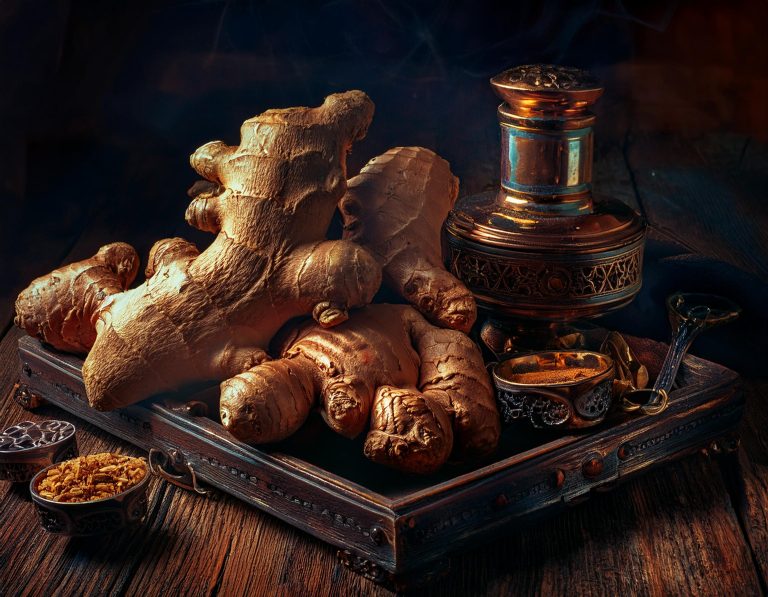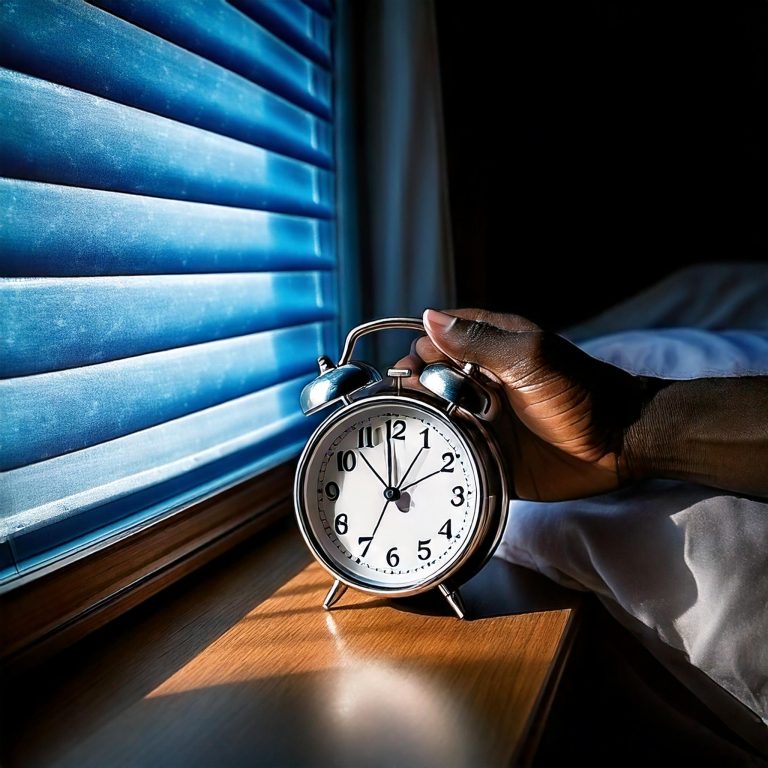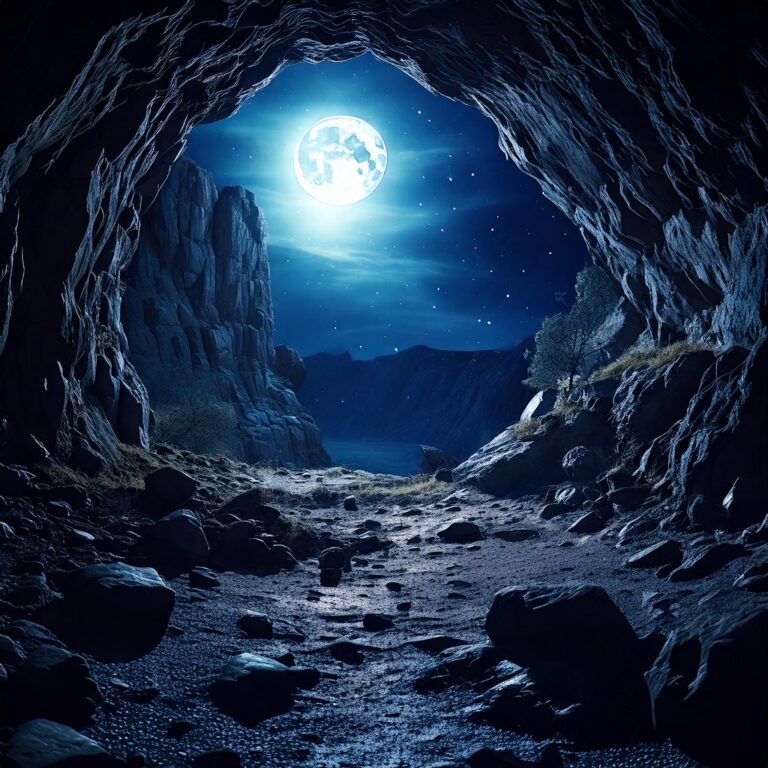
You chug your afternoon coffee, swear you’ll be fine by bedtime, and then end up staring at the ceiling at 2 AM, contemplating every bad life decision. Sounds familiar? Some people claim caffeine doesn’t affect their sleep at all, while others swear a sip past noon will have them wired all night. So, what’s the truth? Let’s dive deep into the science of caffeine and sleep.
How Caffeine Actually Works
Caffeine is a sneaky little molecule that blocks adenosine, the chemical in your brain responsible for making you feel sleepy. When adenosine can’t do its job, you stay alert—like giving your neurons a shot of espresso.
But here’s the kicker: caffeine has a half-life of about 5 hours. That means if you drink a cup of coffee, which is about 100 mg of caffeine, at 4 PM, half of that caffeine is still partying in your system by 9 PM. And if you’re extra sensitive to caffeine, even 10-20mg lingering in your body can mess with your ability to fall and stay asleep.
How Much Is Too Much Caffeine?
The FDA says most healthy adults can handle up to 400 mg of caffeine per day—that’s about 4 cups of coffee. But let’s be real: “most adults” doesn’t always mean you. Your caffeine tolerance depends on your genes, body weight, and how often you mainline espresso.
Here’s a quick cheat sheet of caffeine content in common stuff:
- Coffee (8 oz): 95 mg – can range from 80–200 mg depending on the brew strength
- Espresso (1 oz): 63 mg – because tiny cup = big energy
- Energy Drinks (8 oz): 80 mg – some brands go up to 300 mg
- Soda (12 oz): 34 mg – drink decaf if you can’t quit like me
How Long Does Caffeine Mess With Your Sleep?
Well science says way longer than you think.
- A study found that caffeine 6 hours before bed can steal an entire hour of sleep and turn your REM cycle into a dumpster fire.
- Even if you don’t feel “wired,” caffeine can slash your deep sleep by up to 20%, meaning your body misses out on the quality rest it needs to recharge properly.
- And get this—200 mg of caffeine (2 cups of coffee) just 3 hours before bed can trick your body into thinking it’s 40 minutes earlier, throwing off your internal clock. Thanks, caffeine.
Not Just Coffee: Sneaky Sources of Caffeine
Think you’re “safe” because you skipped the coffee? LOL. Think again. Caffeine is hiding everywhere, like a ninja in your pantry. Decaf coffee still packs 2–5 mg per cup (can you feel the betrayal?). Dark chocolate, the darker, the deadlier, can sneak in 12–25 mg per ounce. And don’t let green tea fool you with its “healthy” vibes; it’s still packing 28 mg per cup. What about black tea, you ask? That’s 47 mg per cup—basically coffee’s sneaky cousin.
But wait, there’s more. Some painkillers cram in 65 mg per pill to boost effectiveness, and energy bars pack 50 mg per bar—basically a candy-coated espresso shot. Thinking of devouring coffee-flavored ice cream? That’ll treat you to 30–45 mg per scoop.
Moral of the story: caffeine is everywhere, so be mindful of what you’re consuming.
But Wait, I’m “Immune” to Caffeine! ☕🛡️
Sure, Karen, you can down a triple espresso and nap like a baby. But science isn’t impressed. Even if you’re “tolerant,” caffeine still hijacks 20% of your deep sleep—you’re just too tired to notice it. And don’t think your genes are off the hook. Some people metabolize caffeine 4x slower thanks to a genetic lottery called CYP1A2 (yes, that’s a real thing, not a robot’s password). So, no, you’re not immune. You’re just unaware.
The Final Verdict: Should You Ditch the Caffeine?
If you’re tired of waking up feeling like a glitchy robot, here’s your game plan:
- Set a caffeine curfew: Stop 6–8 hours before bed. Your future self will thank you.
- Track sneaky sources: Dark chocolate isn’t innocent.
- Experiment: Quit caffeine for 1 week. If your sleep improves, congrats—you’ve been gaslit by coffee.
Caffeine is a powerful tool. But it’s also a sneaky saboteur when it comes to sleep. The key is knowing your body, tracking your intake, and making adjustments based on your unique response. Because at the end of the day, better sleep isn’t just about how long you rest—it’s about how well you rest.



